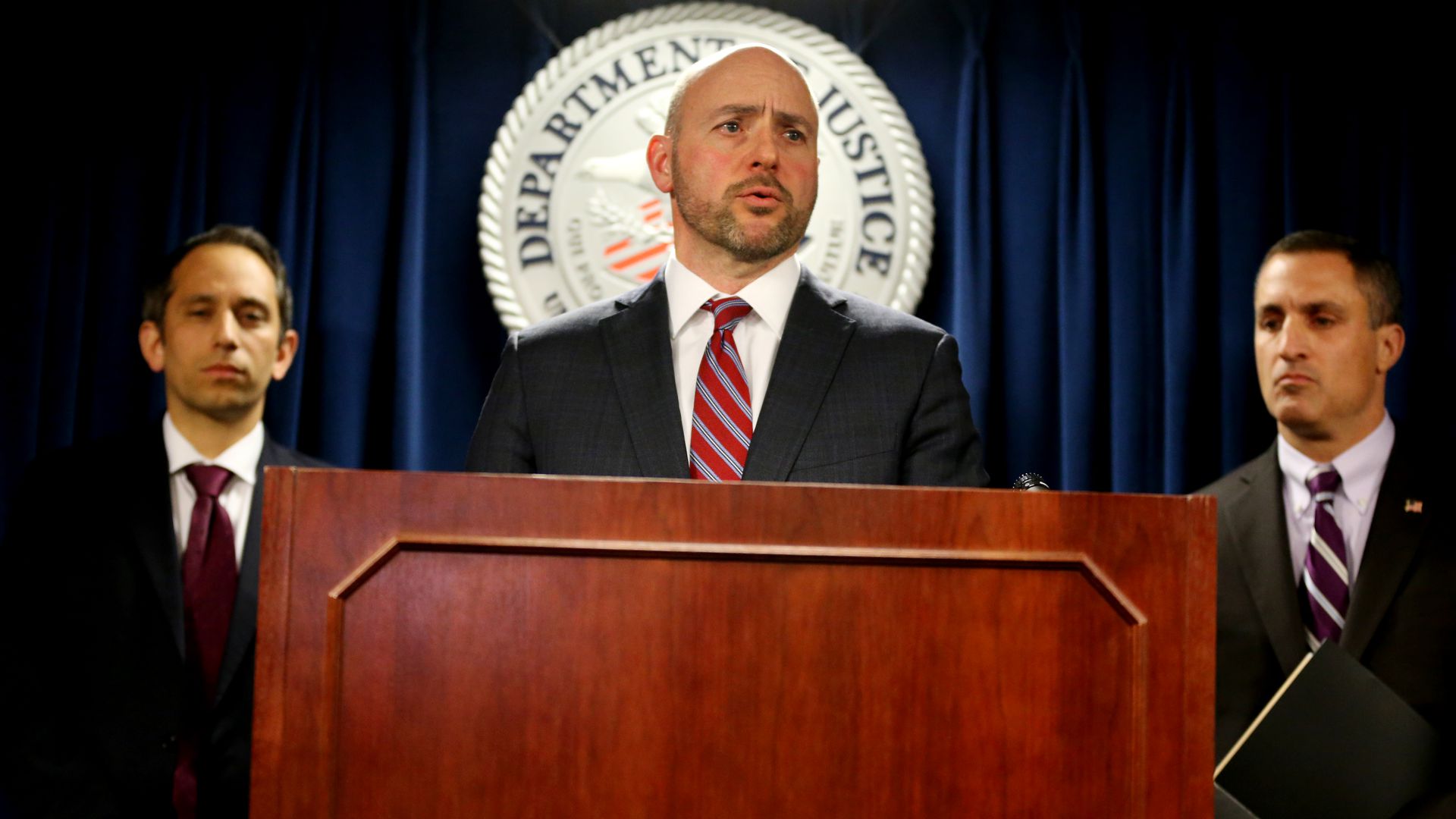By Reese Cohen
Earlier this month, news broke about 50 people who gamed the college admissions scandal by paying to have their children’s standardized test scores altered, or to even be placed on a roster for a sport they had never played. Because of how shocking it all is, and the celebrities who were involved – such as Lori Loughlin and Felicity Huffman – the college admissions process has been brought into the national conversation.
Due to all of the media coverage, it is possible that people are losing focus on what is to be learned from the scandal. TLR spoke with Director of College Counseling Laura Miller and Associate Director of College Counseling Rose Weinstein to hear a college counseling perspective on what this scandal means for admissions and what defines a ‘privilege’ in the process.

The Lion’s Roar: What were your reactions to hearing the news about the admissions scandal?
Laura Miller: The actions of this independent consultant were beyond illegal… But, the one thing that made me feel good was that no admission officer was implicated in this scandal… I was hoping that it would be a teaching moment for anyone, student or parent, who might be able to look at this and say ‘have I acted fully ethically in my college search process?’… There’s a fine line between an edge that’s kind of ill-gotten and an edge that’s ‘hey I know these schools are elite so I’m going to work hard to have more leadership opportunities and more community service because I know colleges appreciate that,’ versus ‘I’m going to inauthentically get extended time.’
TLR: Were you surprised that this happened now?
Rose Weinstein: I can’t say that I’m shocked that there’s a group of very wealthy individuals that did take this several levels up, does that shock me? Not really.
LM: The fact that we have students who are already super privileged and have access to [an] amazing education; it’s very sad to think that that’s even not enough and they have to go this inauthentic, unethical extra step of trying to game the system.
RW: Many of these students had parents who had also gone to these elite, Ivy League universities and made the argument that half of what you’re paying for is the connections and alumni connections that you get but ironically, most of these students…, because their parents went to these institutions, already had those connections and would have graduated from [another school] and still been just as successful in their career because they would have had connections through their family.
LM: The schools that are the most appealing to our students and [students in] communities like Westchester county are the schools that have the highest percentage of students who come from the most privileged families.
TLR: Do you think that this story will impact college admissions in the future?
LM: I’d like to be hopeful that this story will make admissions offices more careful about students who might possibly game the system but there’s another part of me that thinks because this was so egregious and so criminal and such a perverse extreme example of gaming the system that everyone’s going to continue going about doing what is still legal but not fully ethical.
TLR: Do you think there are any other ways the college admissions process can become fairer?
LM: Hyper-selectivity became associated with being an elite college… we have come across so many incredible colleges that might not have single digit admit rates. I’ve [toured] colleges that have 40% admit rates, 50% admit rates, 70% admit rates and they’re wonderful places and just because they accept more students than they turn down doesn’t make them bad places. I’d like to see a revolution in the mindset of students where they don’t acquaint quality with low admit rates.
Although this scandal has been brought into the national spotlight, stories like these represent a very small percentage of individuals. Regardless, this has changed how a lot of high school students look at the college process. Miller added: “There’s a lot of students out there that are going to say not only is it so hard to get into these schools but there are also kids buying their way in so now it’s even harder… it’s not okay to think that a student who did not deserve entry into a particular college got in because his or her parents gamed the system.”
While the prestige of a college is often a factor that students and parents consider substantially in the application process, many counselors advise students to look past the popularity of specific schools based just on their reputation. “Don’t get too hung up on the name brand of colleges because it doesn’t always correlate to [a school’s] quality or [whether it’s] the right fit for you,” Weinstein added.




